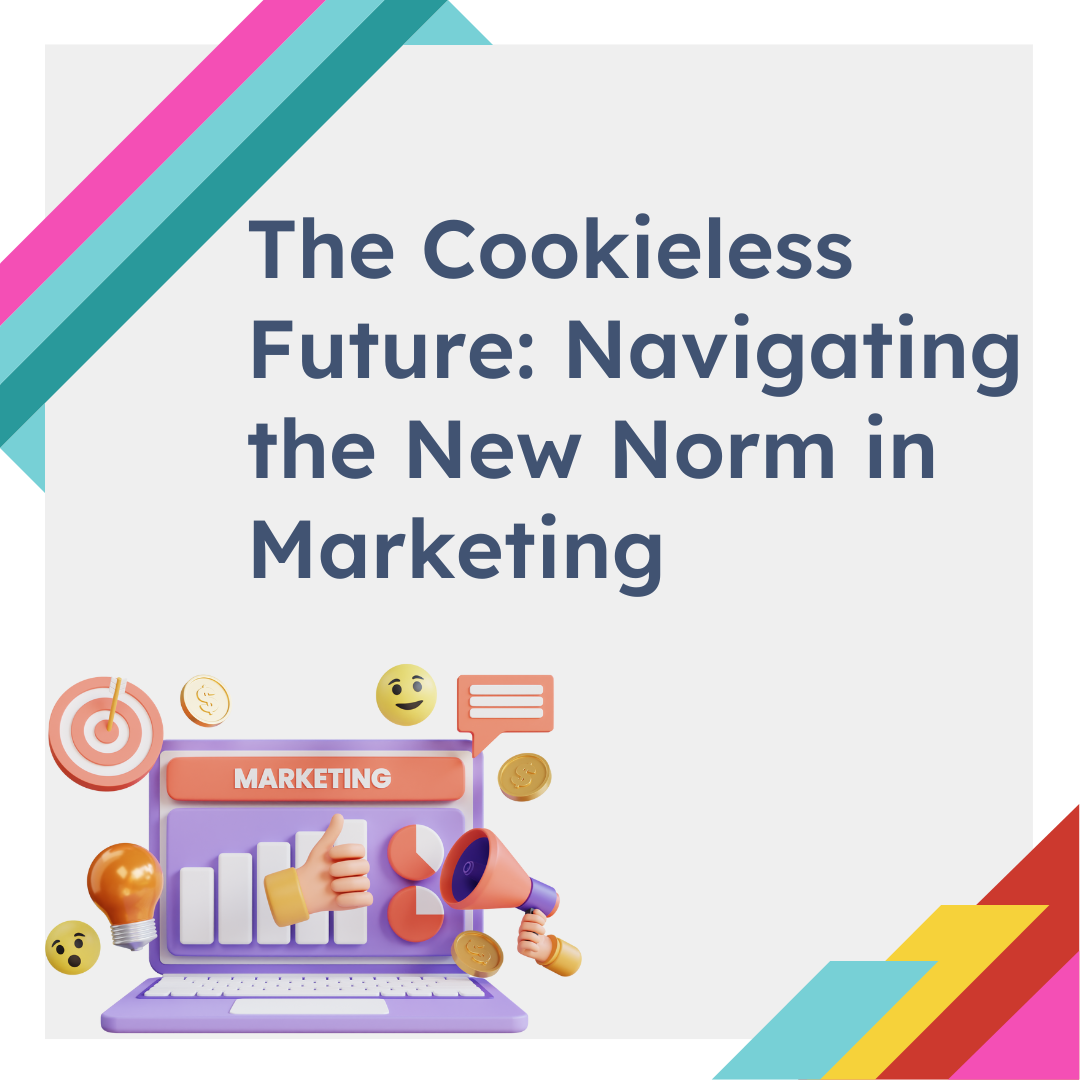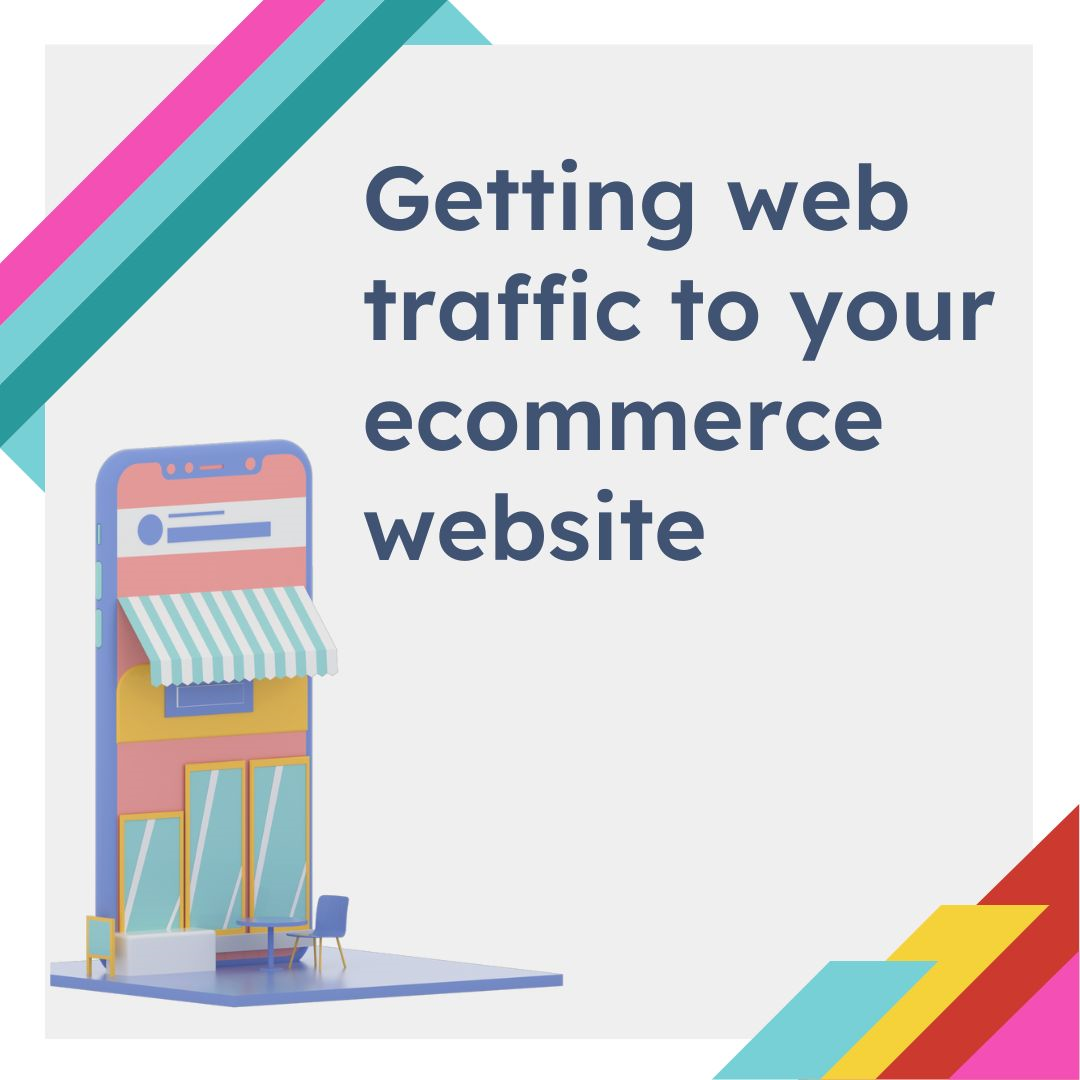Category: SEO Services
-
Google’s AI Overview: How It’s Transforming Search and Impacting Marketers
Google’s AI Overview feature marks a new era in search engine technology, reshaping how users interact with information and how marketers should approach SEO and content strategies. By delivering concise, AI-powered summaries of complex queries, the AI Overview offers users a quick understanding of a topic with links to relevant web sources. But what exactly…
Written by

-
The Top 10 SEO Tips Our Specialists Swear By
Staying atop the SEO game is crucial for any business looking to make its mark online. As search engines evolve, so must our strategies to make certain our websites rank as highly as possible. Below, we unfold our top SEO tips, shared by our specialists at Studioworx, designed to refine your strategy and secure your…
Written by

-
The Cookieless Future: Navigating the New Norm
The digital marketing landscape is on the cusp of a seismic shift as we approach a ‘cookieless future’. With privacy concerns driving the phase-out of third-party cookies, marketers are revaluating strategies that have relied on these tools for user tracking, ad targeting, and behavioural analysis.
Written by

-
Strengthening B2B Strategy: Mastering Marketing Funnels for Business Sites
Best Practice Guides, Content & Lead Generation, Conversion & Auditing, SEO Services, Social Media & MarketingA B2B website is not just a gateway to services or a digital business card, but a reflection of the brand’s identity and a critical marketing tool. In the digital age, the first impression is often made online. Thus, a website that resonates with the brand’s ethos, values, and vision can significantly impact how potential…
Written by

-
Leveraging Video Marketing to Enhance SEO
Best Practice Guides, Conversion & Auditing, Product and Services, SEO Services, Social Media & MarketingIn today’s digital landscape, businesses are constantly seeking innovative ways to boost their online presence and attract more organic traffic to their websites and one such innovation is utilising video SEO.
Written by

-
What is SEO and how do you improve it?
Best Practice Guides, Content & Lead Generation, Conversion & Auditing, SEO Services, Social Media & MarketingSearch engine optimization (SEO) is the process of improving a website’s ranking in search engine results pages (SERPs) allowing internet users to find your website more easily.
Written by

-
How to get More Traffic on your Ecommerce Website
Running an ecommerce store, you know how important it is to sell more products on your website. After all, a website which converts traffic could be the difference between becoming a booming success or stagnating with your competitors.
Written by

-
Prepare your E-Commerce Business for January Sales
Best Practice Guides, Brand & Identity, Conversion & Auditing, Platform Guides, SEO Services, Social Media & MarketingBoxing Day sale, January sale or Winter sale? The huge worldwide sale event that start on or after Christmas day is known by several different names but they all have the same purpose: to drive sales during the post-Christmas comedown.
Written by

-
How to Write a Great Product Description
Best Practice Guides, Brand & Identity, Content & Lead Generation, Platform Guides, SEO Services, Social Media & MarketingA well written eCommerce product description can be the most powerful selling tool that you have, not only because it will entice customers to buy but it can increase your visibility on search engines, getting new customers to visit your online shop. Here are our top tips on how to write a great product description…
Written by

-
Marketing for new retailers is hard? Not if you do it properly!
Best Practice Guides, Conversion & Auditing, Platform Guides, SEO Services, Social Media & MarketingNew retailers often face serious challenges with their online marketing, and that is often the reason why they fail to produce the results they want. Read how to carry out these operations properly.
Written by
